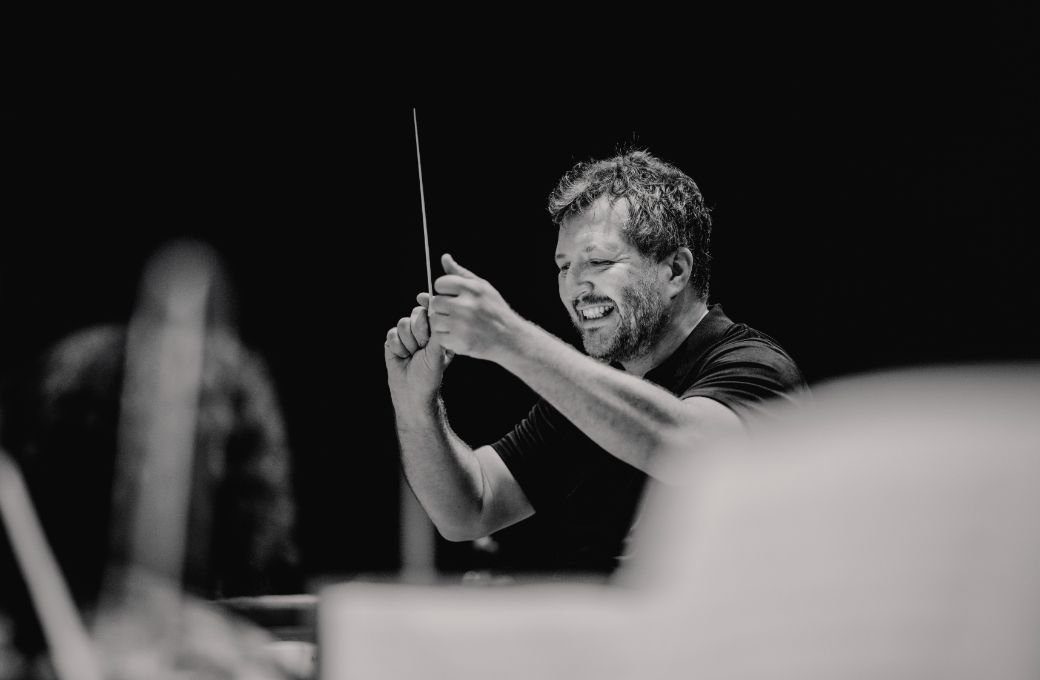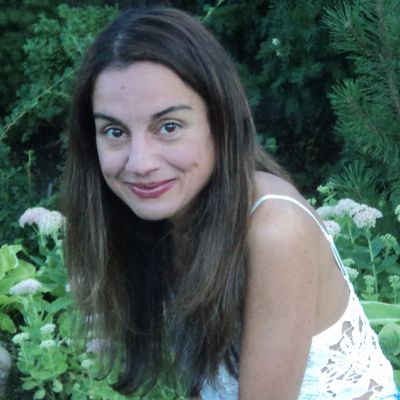Life imitating art, or the other way round? Just as stargazers prepared for a rare alignment of the seven planets, so the Toronto Symphony put on its own planetary parade, with Thomas Adès pairing the crowd-pleaser that is Holst’s The Planets with his own cosmologically structured Paradiso.

Completed in 2020, Paradiso is the last part of Dante, a ballet triptych on The Divine Comedy. A series of inter-related episodes depicts the completion of Dante’s pilgrimage through the planets towards the Empyrean. Starting with a bright splash of orchestral colour, the music follows recurring circling figurations, spiralling upwards in a gradual dramatic crescendo and spatial expansion. This is a masterclass in how to write repetitive patterns without falling into the mind-numbing laziness of the Philip Glass kind. Ethereal overtones alternate with explosive brass fanfares as the music seemingly defies gravity. Its final ecstasy is depicted not by a sonic big bang, but by a heavenly chorus, here, featuring Soundstreams Choir 21. This Gurrelieder-meets-Scriabin’s First Symphony apotheosis may be a spiral too far even for Adès’s prodigal imagination, but only because what precedes it is so enthralling.
A galaxy away from the expanded tonality of Paradiso is Adès’s hard-edged, jazz-infused Piano Concerto, here receiving its Canadian premiere with the sensational Kirill Gerstein, also making his Toronto debut. The sheer physicality of the music needs to be seen to be believed. In three movements, laid out in traditional fast-slow-fast fashion, the concerto is as glitzy and as chaotically exciting as a night out in the heart of Manhattan on stimulants, yet without a trace of commercial compromise or opportunism. The soundscape of the second movement is eerily evocative, as the piano wanders around the orchestra’s noctambulations. And the finale is a cocktail of mischievous wit and coruscating energy. Prokofiev would surely have smiled, and even Rachmaninov and Liszt might have nodded in appreciation at the ferociously demanding parallel octaves.
Then there was Holst’s The Planets: doubtless the main reason for the healthy audience numbers. The problem with such over-familiar works is that preconceptions can easily get in the way of appreciation. Adès’ interpretation may have delivered a few surprises – audibly in his rapid tempos, visually in his whole-body conducting and two-hand baton whippings. All highly entertaining, at times even touching to observe, but not necessarily always efficient. But then, who cares when the results are so overwhelmingly vivid?
Mars attacked brutally and mercilessly; Venus graced translucently; Mercury whizzed through spritely; Uranus was both rumbustious and full of mischievous grimace, while Saturn solemnly made time stand still. It was a delight to a hear Jupiter so joyously boisterous and so free from hand-on- heart patriotism in its hymn-like central episode, taken with a flowing tempo and daringly detached articulation. Finally, Adès ushered in the mysticism of Neptune, all glacial and remote distance, and the celestial off-stage voices floated away weightlessly as we gazed into infinity. The TSO was with him every step of the way, as they well might be, given his obvious enthusiasm and love for the score.


